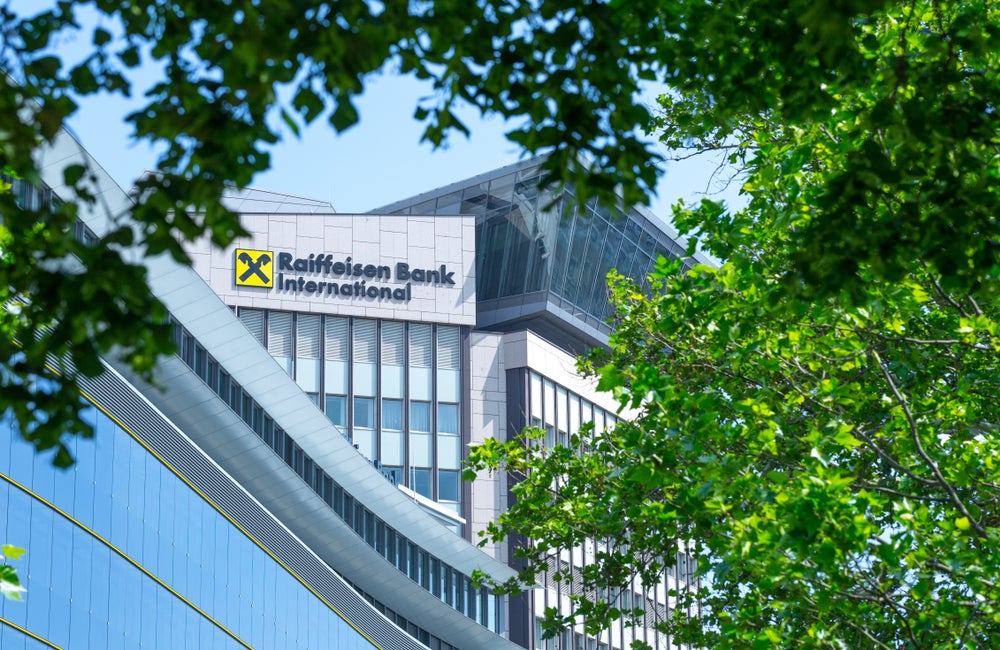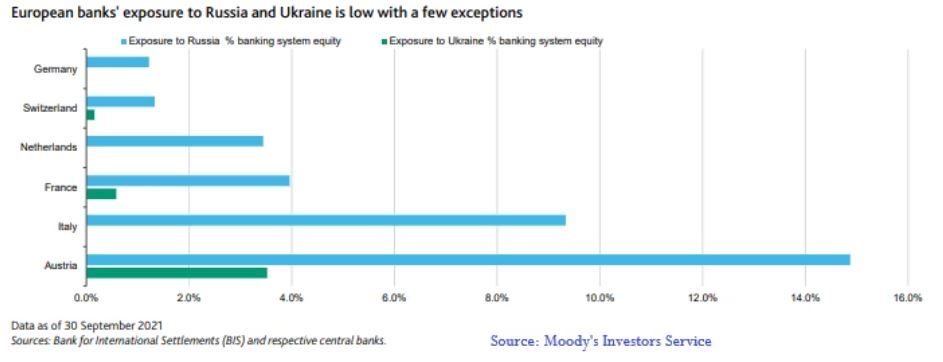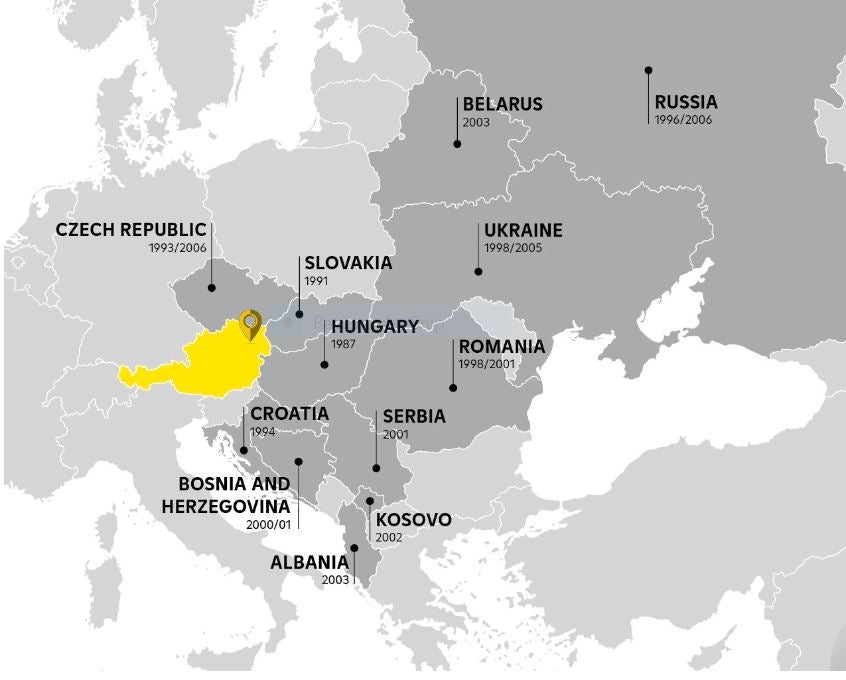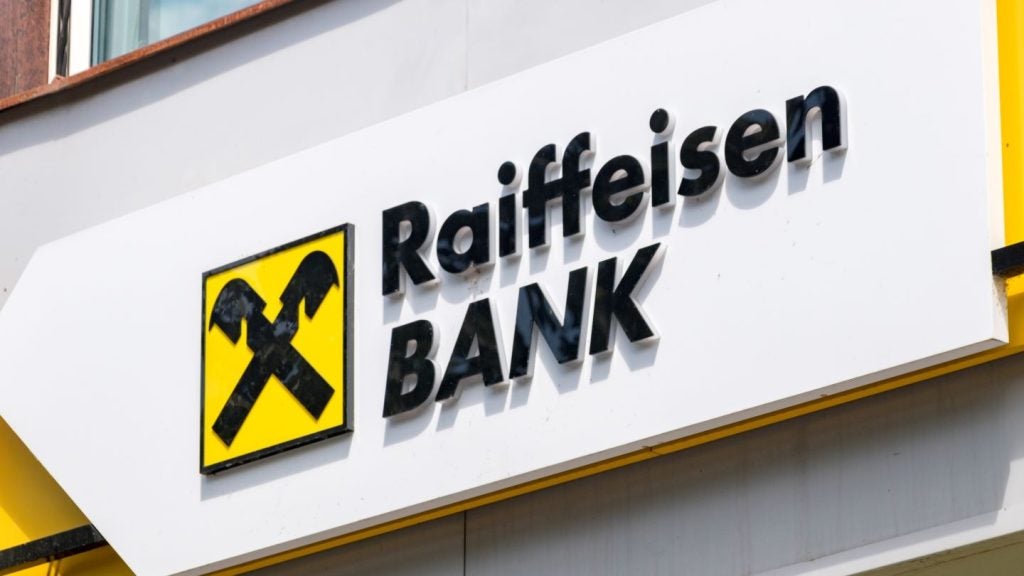
A coalition of 29 non-governmental organisations (NGOs) have posted an open letter to the CEO of Raiffeisen Bank International (RBI), Johann Strobl, urging the Austrian bank to exit Russia, and do so without transferring valuable assets to the Russian state.
Despite international sanctions against Russia and intensifying calls on companies to leave to avoid being complicit in war crimes, RBI is the country’s largest foreign bank to continue business operations.
In 2022, RBI earned over 2 billion euros from its Russian subsidiary, and it currently handles more than half of all the money transfers between Russia and the rest of the world.

Raiffeisen is one of Europe’s most exposed banks to Russia, having earned more than half of its profit last year from there.
RBI offers asset finance in Austria and 12 Central and Eastern European countries (including Russia) through Raiffeisen Leasing Group, which posted a balance sheet of approximately €3.7bn in December 2021.

RBI also continues to be exposed to Russian fossil fuel companies whose revenues are essential to the functioning of Putin’s war machine.
Propping up Putin: Carbon bombs and bank asset finance
Despite months of mounting pressure from civil society and regulators, including the US sanctions authority and the European Central Bank, RBI is yet to make a firm move to exit the Russian market.
Recent reports indicate the bank is preparing a new spun-off Russian entity, the owners of which would still be RBI’s member banks in Austria. At the same time, previous plans to exchange €400 million worth of profits trapped in Russia against Sberbank’s frozen cash in Europe were described in the Financial Times as a “political prisoner exchange”.
Signatories of this letter also call on RBI to ensure that all profits from an eventual sale of its Russian assets are used for the reconstruction of Ukraine and to support its people.
Svitlana Romanko, executive director of the Ukrainian organisation Razom We Stand, said: “Profits from the bloodiest Russian war against our country Ukraine will not bring any business development or prosperity, neither now nor in the longer term. We wake up every morning to the sounds of air raids, drones and missile attacks, but we believe that justice will finally prevail. After we defeat Russia, those who were financial sponsors of Russia’s war machine will bear fair legal, economic and reputational responsibility as our government has spoken earlier in relation to sponsors of the war crimes in the Ukraine sanctions list. And financiers realise this will surely happen, too. That is why we are now seeing and welcoming a new influx of businesses leaving Russia. It’s never too late to stop being on the side of evil, and for Raiffeisen, that time has come now.”
In a statement from March about its business activities in Russia, RBI said: “Raiffeisenbank will maintain some banking operations in Russia to meet the conditions of its banking license, and support customers including those impacted by the reduction in business activity in Russia. We have a duty of care to employees in all markets where RBI operates. The RBI Group has a responsibility to preserve the integrity of local operations in Russia, employing over 9,000 people.”
How sanctions and isolation are transforming leasing in Russia







